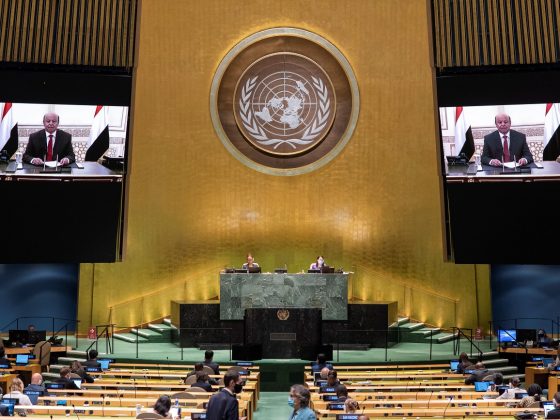For the first time in history over the past few months, the world entered what some scientists call the “anthropause”—from the word “anthro” (human), a massive halt of human activity.
Countries worldwide, almost without exception, have experienced on and off lockdowns to control the spread of Covid-19. What have we learned about nature from this period? Has nature healed from the abuse and wounds inflicted by people throughout the centuries? Any pause, long or short, helps in the meantime until we change human nature.
The appearance of wildlife in urban environments following the reduction in traffic added a colorful attraction to people’s experiences during tough restrictions of movement. Sightings of pumas in downtown Santiago, Chile and coyotes walking down San Francisco streets, combined with the global reduction of pollution levels due to lockdowns, gave the impression of nature reclaiming its place and recovering balance. But this new situation is also posing new challenges. Predatory species are running more freely now, illegal hunting and animal trafficking is on the rise, and nature reserves and parks are feeling the pinch of economic crisis from a lack of visitors, according to international organizations.
“Nature is pointing out that by changing our attitudes toward others from egoistic to altruistic, we will enter into balance with nature and enjoy a harmonious, whole, and eternal existence.”
Multiple global research initiatives are currently underway to assess the comprehensive impact of the pandemic on nature. In truth, none of the research will bear fruit if the human level is overlooked in the calculations, since the root cause of all imbalances in nature leads back to mankind. To the non-discriminating eye, it appears as if the animate level in the ecological web and the human level of interactions are two separate things. This couldn’t be farther from the truth because they are totally interrelated and interdependent.
We humans are all egoists by nature. What this means is that all of our thoughts and actions are ultimately motivated by a desire to satisfy ourselves and enjoy at the expense of anything and anyone around us. As egoists, we each necessarily perceive only the narrow slice of reality that we think might benefit us. We feel ourselves as largely separate from other people and things, primarily concerned with our own personal problems, each in a constant chase after ephemeral pleasures.
In contrast to the egoistic human perspective, nature aims to connect all its elements into a single harmonious whole. Within this harmonious whole, each part receives what it needs for its sustenance and gives according to its ability for the benefit of the whole—similar to the healthy functioning of the cells and organs in the human body.
While the egoistic quality of mankind increasingly clashes with nature’s altruistic quality, we will experience more and more blows. Blows from nature can appear as global pandemics, as we are now experiencing with the coronavirus, as well as in myriad other forms such as ecological disasters, for example.
Within this completely integral system, the human being is the most complex and qualitatively highest level of life. Human thoughts, attitudes, and relationships also hold the most powerful influence over nature’s other levels. It is extremely difficult for us to notice the extent of the burden of impact we place on nature. Thus, when nature deals us a blow, we seem quite clueless, helpless, and disoriented in our response—caught off-guard—because we are so totally unaware of the fact that the way we relate to each other determines how nature responds to us.
So what is the message that nature is trying to teach us through all the pains and problems it sends us? It is all for us to pause for a moment and start contemplating life, its purpose, and why we are suffering. Nature is sending us a cautionary alarm and wake-up call to rethink the direction in which we are headed. Nature is leading us to the understanding that we are parts of a single interconnected and interdependent system, and to recognize that we must reach a higher level of connection between us in order to restore balance in nature and discover its boundless perfection.
By sending us blows, nature is ultimately teaching us that we need to revise the way we live our lives, that we must recognize the bankruptcy of continuing to live egoistically as we have until today. Instead of trying to benefit the self all the time, we should act to benefit others. Nature is pointing out that by changing our attitudes toward others from egoistic to altruistic, we will enter into balance with nature and enjoy a harmonious, whole, and eternal existence.
————————————————————–
New book by Kabbalist Dr. Michael Laitman
Discover a new worldview during time of crisis.











